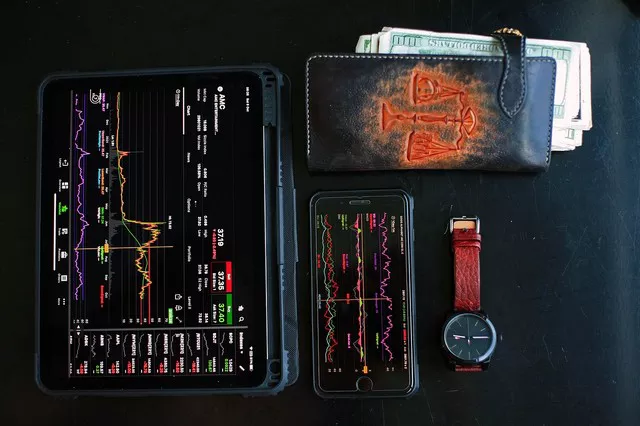In the realm of financial markets, futures contracts play a pivotal role in facilitating price discovery, risk management, and speculation. These derivative instruments allow market participants to buy or sell assets at a predetermined price on a future date, providing a mechanism for hedging against price fluctuations and accessing opportunities for profit. Central to the functioning of futures contracts is the concept of expiry dates, which dictate the timeline for contract settlement and delivery. In this article, we delve into the intricacies of expiry dates in futures trading, exploring their significance, implications, and practical considerations for market participants.
Understanding Futures Contracts
Futures contracts are standardized agreements to buy or sell a specified quantity of an underlying asset, such as commodities, currencies, stocks, or indices, at a predetermined price (the futures price) on a future date (the expiry date). These contracts are traded on regulated exchanges, such as the Chicago Mercantile Exchange (CME) or the Intercontinental Exchange (ICE), and serve as essential risk management tools for participants in various industries, including agriculture, energy, finance, and manufacturing.
Key Features of Futures Contracts
Standardization: Futures contracts are standardized in terms of contract size, quality specifications, delivery terms, and expiry dates. This standardization ensures uniformity and liquidity in the futures markets, allowing participants to easily buy or sell contracts without the need for customized agreements.
Leverage: Futures contracts offer leverage, allowing traders to control a large position with a relatively small amount of capital. This leverage amplifies potential returns but also increases the risk of losses, as even small price movements can result in significant gains or losses relative to the initial margin deposit.
Margin Requirements: Futures contracts are traded on margin, which means that traders are required to deposit a fraction of the contract value as initial margin to initiate a position. Margin requirements serve as collateral to cover potential losses and ensure the financial integrity of the futures markets.
Price Discovery: Futures markets serve as price discovery mechanisms, where supply and demand dynamics, market sentiment, and other factors interact to determine fair market prices for the underlying assets. Futures prices reflect the collective expectations and beliefs of market participants about future supply and demand conditions.
Understanding Expiry Dates in Futures Contracts
Expiry dates in futures contracts represent the date on which the contract ceases to be tradable and settles either through physical delivery of the underlying asset or cash settlement. The expiry date is predetermined at the time the contract is created and is specified in the contract specifications provided by the exchange. Each futures contract has its own expiry date, which varies depending on the contract month and the underlying asset.
Implications of Expiry Dates
Contract Settlement: The primary implication of expiry dates in futures contracts is contract settlement. Upon expiry, futures contracts settle either through physical delivery of the underlying asset or cash settlement, depending on the contract specifications and the preferences of the market participants.
Rolling Positions: For traders who wish to maintain exposure to the underlying asset beyond the expiry date, rolling positions involves closing out existing positions in expiring contracts and simultaneously opening new positions in contracts with later expiry dates. This process allows traders to avoid physical delivery and continue their trading activities seamlessly.
Market Liquidity: As expiry dates approach, liquidity in the expiring contracts may decline as traders roll their positions to contracts with later expiry dates. This reduction in liquidity can lead to increased price volatility and wider bid-ask spreads, making it challenging for traders to execute large orders at favorable prices.
Arbitrage Opportunities: Expiry dates can create arbitrage opportunities for traders who are able to exploit price differentials between expiring contracts and contracts with later expiry dates.
Price Volatility: Expiry dates can also contribute to price volatility in the underlying asset as traders adjust their positions ahead of expiration. This volatility may be more pronounced in contracts with physical delivery obligations, as market participants may seek to avoid or facilitate delivery depending on their market outlook and trading strategies.
Conclusion
In conclusion, expiry dates are a fundamental aspect of futures contracts, dictating the timeline for contract settlement and delivery. Understanding the significance and implications of expiry dates is essential for participants in the futures markets, as they impact trading strategies, contract rollover decisions, market liquidity, price volatility, and arbitrage opportunities. By familiarizing themselves with the mechanics of expiry dates and incorporating this knowledge into their trading practices, market participants can navigate the complexities of futures trading more effectively and optimize their performance in the dynamic world of financial markets.

